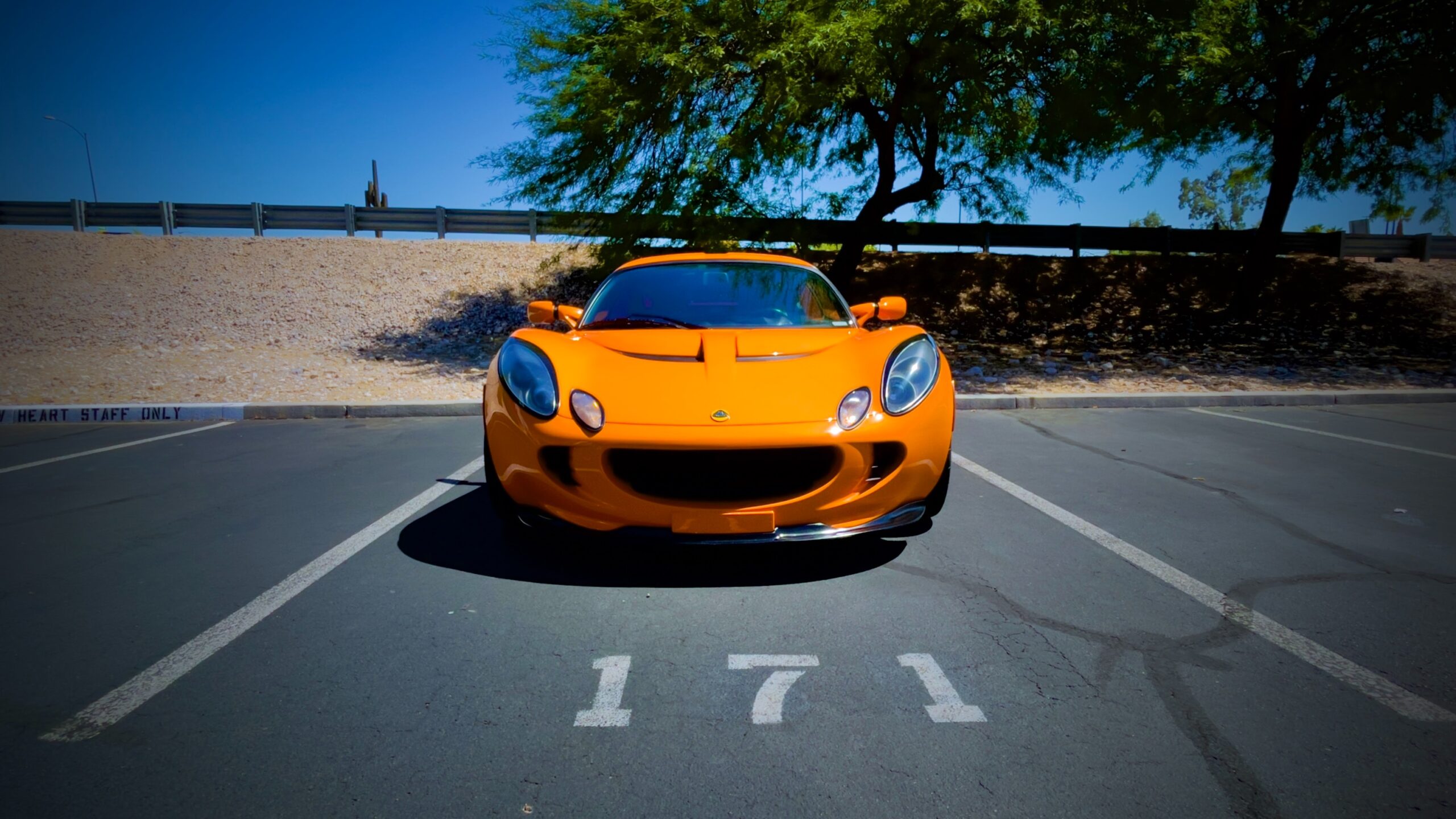

Understanding Import Duties and Taxes for Imported Cars in Pakistan
Importing a car into Pakistan can be an exciting prospect, whether you are a car enthusiast looking for a specific model or a businessperson exploring opportunities in the automotive industry. However, before diving into the process, it is crucial to understand the import duties and taxes associated with bringing a car into the country. This article aims to provide a comprehensive overview of the import duties and taxes for imported cars in Pakistan.
Customs Duty
Customs duty is a tax imposed by the government on the import of goods, including cars. The rate of customs duty varies depending on the make, model, and engine capacity of the vehicle. The Pakistan Customs Tariff provides a detailed classification of goods and their respective duty rates.
It is important to note that customs duty is calculated based on the assessed value of the car, which includes the cost of the vehicle, insurance, and freight charges. The assessed value is determined by the customs authorities and may differ from the actual purchase price.
Additional Customs Duty
In addition to customs duty, imported cars are also subject to additional customs duty. This is a supplementary tax imposed on certain goods, including vehicles, to protect domestic industries and encourage local manufacturing.
The rate of additional customs duty varies depending on the make, model, and engine capacity of the car. It is important to check the Pakistan Customs Tariff or consult with a customs agent to determine the applicable rate for your specific vehicle.
Regulatory Duty
Regulatory duty is another tax imposed on imported goods, including cars. It is aimed at regulating the import of certain goods and protecting domestic industries. The rate of regulatory duty for cars can vary depending on the make, model, and engine capacity.
Similar to customs duty and additional customs duty, the assessed value of the car is used to calculate the regulatory duty. It is advisable to consult the Pakistan Customs Tariff or seek professional advice to determine the applicable rate for your imported car.
Income Tax
Imported cars are also subject to income tax, which is calculated based on the assessed value of the vehicle. The rate of income tax can vary depending on the make, model, and engine capacity.
It is important to note that income tax is separate from the customs duties and is payable to the Federal Board of Revenue (FBR). The FBR provides guidelines and tax rates for imported cars, and it is recommended to consult their website or seek professional advice for accurate information.
Other Taxes and Charges
In addition to the aforementioned duties and taxes, there may be other charges associated with importing a car into Pakistan. These can include sales tax, withholding tax, and other miscellaneous fees.
Sales tax is applicable on the import of goods, including cars, and is calculated based on the assessed value of the vehicle. Withholding tax may also be applicable, depending on the circumstances of the import.
It is important to consult with a customs agent or seek professional advice to understand the complete picture of taxes and charges associated with importing a car into Pakistan.
Conclusion
Importing a car into Pakistan involves various import duties and taxes, including customs duty, additional customs duty, regulatory duty, income tax, sales tax, withholding tax, and other charges. It is crucial to understand these obligations and plan accordingly to ensure a smooth and compliant import process.
Consulting with a customs agent or seeking professional advice can help navigate the complexities of importing a car and ensure compliance with the regulations set by the government. By understanding the import duties and taxes, you can make informed decisions and avoid any unexpected financial burdens.
Remember, importing a car can be a rewarding experience, but it is essential to be well-informed and prepared to comply with the regulations and fulfill your tax obligations. With the right knowledge and guidance, you can successfully import a car into Pakistan and enjoy the benefits it brings.
Add a comment Cancel reply
Categories
- automobile (1)
- Automotive (32)
- Automotive Industry (2)
- Automotive Safety (1)
- Car Brands (1)
- Car Buying (1)
- Car Reviews (1)
- Clean Energy (1)
- Marketing (1)
- Motorcycles (1)
- Trade Agreements (1)
- Transport & Mobility (1)
- Transportation (2)
- Travel (2)
Recent Posts
About us












